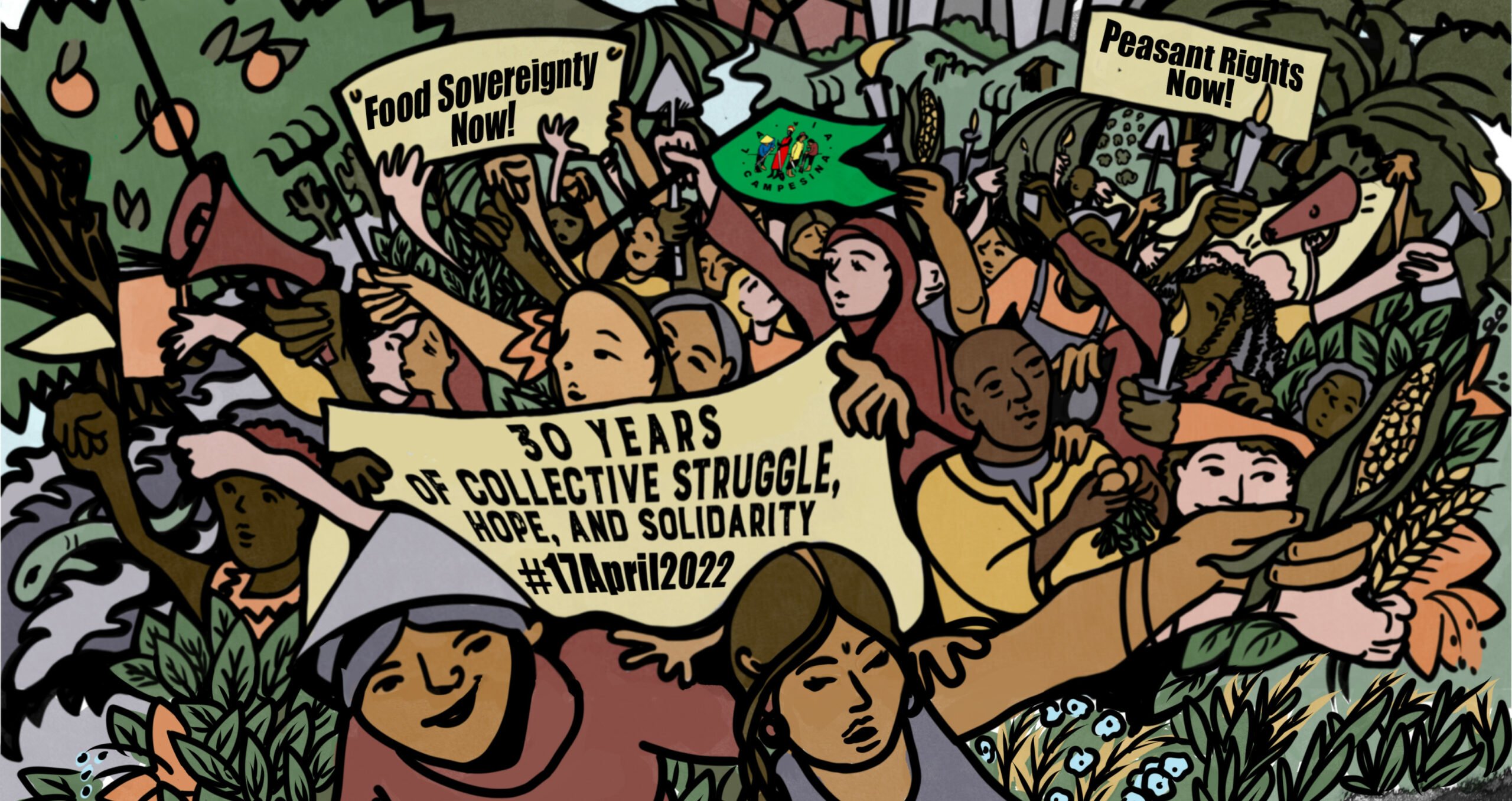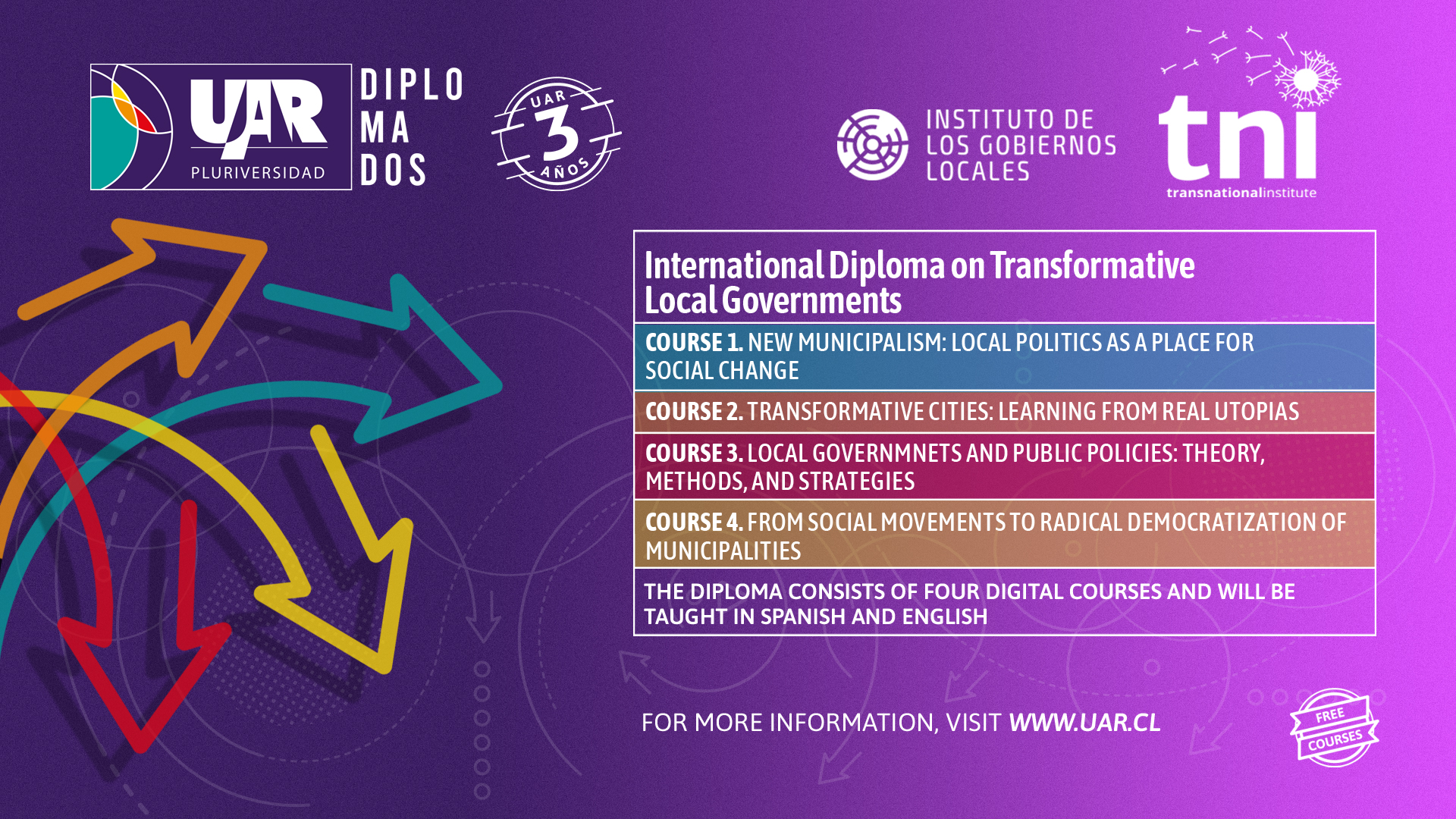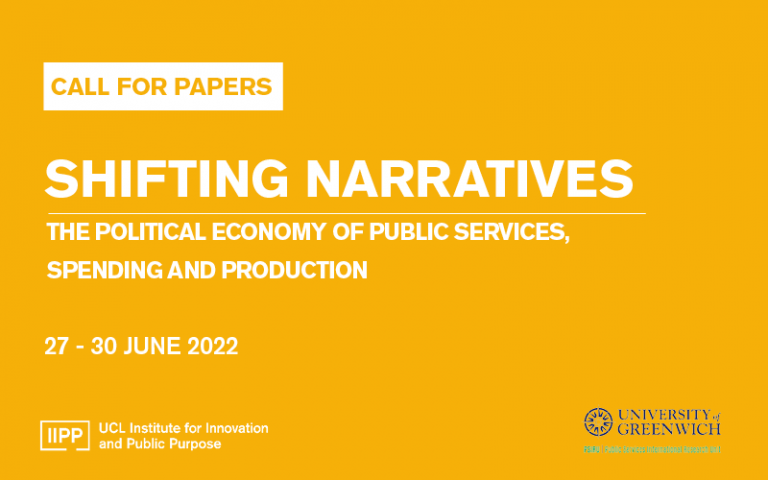|
The food sovereignty movement, and the diverse peasants and small-scale food providers whose struggles we celebrate on 17 April, are leading the way towards a food system that can nourish communities and protect ecosystems in the face of multiple crises.
Was this forwarded to you? Sign up
here
|
|
Dear reader,
The devastation created by war goes far beyond the direct loss of lives and the destruction of cities and villages. Russia’s invasion of Ukraine and the ensuing economic sanctions imposed by the European Union and the United States are no exception. Their impacts will reach far beyond the borders of the warring countries.
These negative repercussions are already visible in food systems: supply chains still scrambled by Covid have been plunged into new disorder and food prices - already high - are soaring with key food products more expensive than ever before. The UN has warned that the world is facing a potential food crisis, with millions in danger of severe hunger.

When we know that both Russia and Ukraine figure in the top five exporters of wheat in the world- accounting for almost a third of global wheat exports- it is neither difficult to anticipate the huge challenges that countries in Africa or in the Arab region will be facing, nor it is far-fetched to predict discontent and uprisings.
Food insecurity and dependency - in North Africa and elsewhere - are a result of neoliberal policies dictated by global financial institutions and pushed by transnational food corporations that tie people’s food supply to market mechanisms. Such agricultural, economic, and trade policies centre on a failed paradigm that undercuts small-scale food producers and gives primacy to corporate actors.
When tragedy strikes - whether a pandemic or a war - food systems can either exacerbate it or help to see people through these dark times. As Covid already revealed, building food systems that are resilient in the face of catastrophe requires a change of direction geared towards the rights and agency of labourers and small-scale producers; agro-ecology, and the complete elimination of the structural causes of food dependency and the lack of food sovereignty.
The food sovereignty movement, and the diverse peasants and small-scale food providers whose struggles we celebrate on 17 April, are leading the way towards a food system that can nourish communities and protect ecosystems in the face of multiple crises.
|
|
|
|
|
|
|
|
The European Defence Fund (EDF) and its precursor programmes explicitly aim to strengthen the ‘global competitiveness’ of the technological industrial base of European defence. There is a major disconnect between such technologies and their potential impact beyond the profits they will generate. They will inevitably boost European arms exports and fuel the global arms race, which will in turn lead to more armed conflicts and wars, greater destruction, significant loss of life, and increased forced displacement.
Read more or watch back the recording of the press conference for the report launch.
|
|
|
|
|
|
While Tunisia is now entering a new energy transition, following its international commitments, almost no debate has occurred at the national level on the redistributive aspects of this transition, which raises serious concerns and crucial questions.
Read more
Why the majority of Yungas coca growers oppose the policies on coca implemented by the MAS with and without Evo Morales.
Read more
|
|
|
|
|
|
The Transnational Institute (TNI) is issuing an open call for essays, accessible papers, infographics and artistic collaborations on the theme of 'digital power' for its eleventh State of Power report to be launched in January 2023.
Deadline for pitch/proposal: 8 June 2022.
Find out more

The Universidad Abierta de Recoleta, together with the Transnational Institute (TNI) present the International Diploma on Transformative Local Governments. This educational program looks to address, from different points of view, the ground that municipalism has gained in the 21st century, using transformative local governments as examples, as well as the link and importance of organised citizenship as an active agent of change.
The Diploma is online, and consists of four courses, each 5 weeks long, totalling 120 hours of classes. (English and Spanish)
You can find more details and register for the course here.

A call for contribution papers and proposals for a four-day online conference on shifting narratives around public services, spending and production (PSSP).
In order to encourage maximum participation from academics, young scholars, unions and social movements, there are four distinct calls for papers and proposals.
25 April 2022 - Deadline for submission of abstract
02 May 2022 - Acceptance letters will be sent out
30 May 2022 - Accepted proposals will be expected to submit their paper
The conference itself will bring together academics, social activists and trade unionists to discuss their current observations and findings on narrative shifts in public spending and public services globally.
Find out more
|
|
|
|
|
|
16:00 - 18:00 CET
What are the struggles & delights of translocal networking for just sustainability transitions? In this 2-hours online event, April 19th from 16:00-18:00, you can join others who are also working locally rooted and globally connected to tackle the economic, ecological and social challenges of our times.
Register here.
|
|
|
|
|
|
|
|
For a while now, the mantra “trade not aid” has dictated how the overdeveloped countries of the Global North engage with their less wealthy counterparts. The logic being that trade is more dignified than aid, and leads to longer lasting change.
However, to anyone who has been paying attention, the way global trade is set up may actually be one of the reasons these countries remain poor. The playing field is far from level, and there are multiple mechanisms that work in concert to ensure it remains that way. To try and understand how the global trade system works, and to find out what can be changed, we had a series of conversations with some experts. In all these conversations, we aimed to understand how the current global trade system came to be, how it works, and how we can make it more equitable, just, and fair.
In this episode, the first of the series, we speak to Grieve Chelwa, who is an economist, about how the global trade system particularly affects African countries. Grieve is the director of research at the Institute on race power and politics at the New school in New York City.
Subscribe to State of Power on
Spotify
,
TuneIn
or
AudioBoom
|
|
|
|
|
|
|
|
Fear grows for migrants held in Ukraine’s detention centre
Niamh Ní Bhriain (TNI), told Al Jazeera that the centre had been part of EU’s outsourcing of migration detention and that it had allocated 1.7 million euros ($1.8m) for the securitisation of this centre in 2009.
Arms firms spent €6m lobbying Germany ahead of defence budget hike
The news raises questions over industry’s access to power, with influential politicians known to work with high-level arms firms representatives. By Josephine Valeske (TNI).
Read more.
GIN Parliamentarians propose framework legislation on human rights and corporations in Brazil
On Tuesday, March 29th, in Brasília, GIN parliamentarians, together with social movements, launched a law project for a framework legislation on human rights and corporations in a press conference at the Brazilian Parliament.
Full Human Rights Protection for all displaced peoples fleeing the war in Ukraine and an end to selective racist discrimination at EU borders
The EU Temporary Protection Directive (TMD), originally agreed in 2001 was activated for the first time on March 3, 2022, with claims to give full protection to all fleeing the war in Ukraine. This is to be welcomed in the face of the unprecedented number of forcibly displaced people by the Russian invasion of Ukraine. It was not activated by the EU in 2011 or 2015 in the contexts of the Libyan and Syrian refugee crises. Read more.
|
|
|
|
|
|
|
| | | |